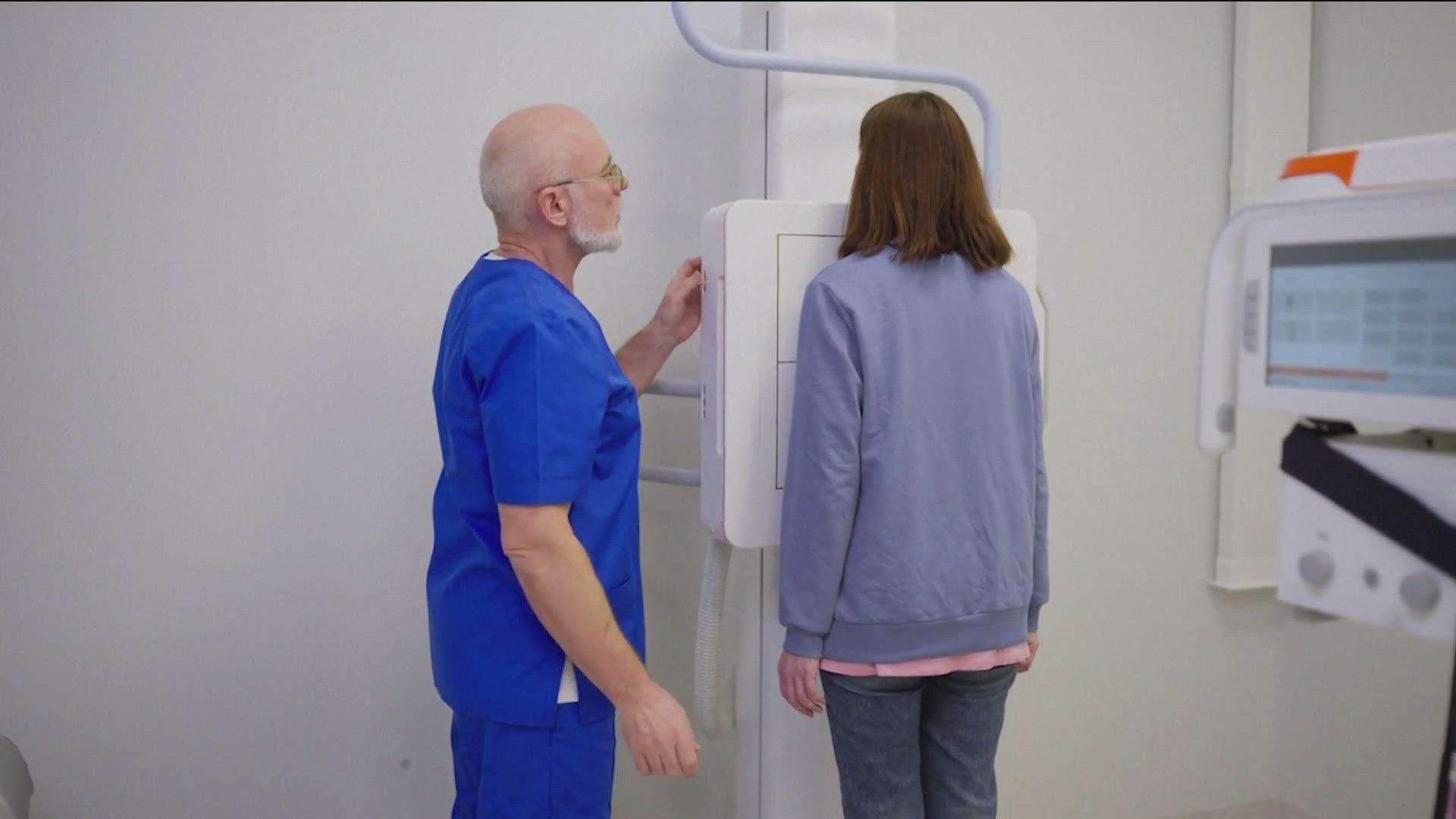SAN ANTONIO -- When people who are bilingual do math, does it matter which language they use? Scientists at the University of Texas at San Antonio are conducting experiments to find out.
The student body at UTSA is diverse. If their make-up reflects the San Antonio community, at least 30 percent are bilingual in English and Spanish.
New research shows some of them may be more proficient in simple math if they re using their first language.
In the cognitive neuroscience lab at UTSA, researchers use special caps to monitor brain waves. Thirty-two electrodes on the head and face are a non-invasive way to monitor math processing.
We present simple arithmetic problems to a bilingual in one language or in the other, explained UTSA neuroscientist Nicole Wicha, Ph.D. And then we look at how the brain responds to getting the right answer or the wrong answer to that arithmetic problem.
Their work started three years ago. Volunteers so far have been adults. The findings suggest as many as half of bilinguals may be faster and more accurate at processing calculations if those calculations are given in their first language.
Like a child that might be tested in a language in which they can t get to the information fast enough might have a harder time, Wicha said. They might take longer to finish an exam, but those are things that we want to find out.
Since math is a skill we use almost daily in one way or another, researchers think it s an area of the bilingual brain that s worth finding out more about.
UTSA scientists hope to continue their work, focusing on children and how their bilingual brains process math at the elementary school level.

